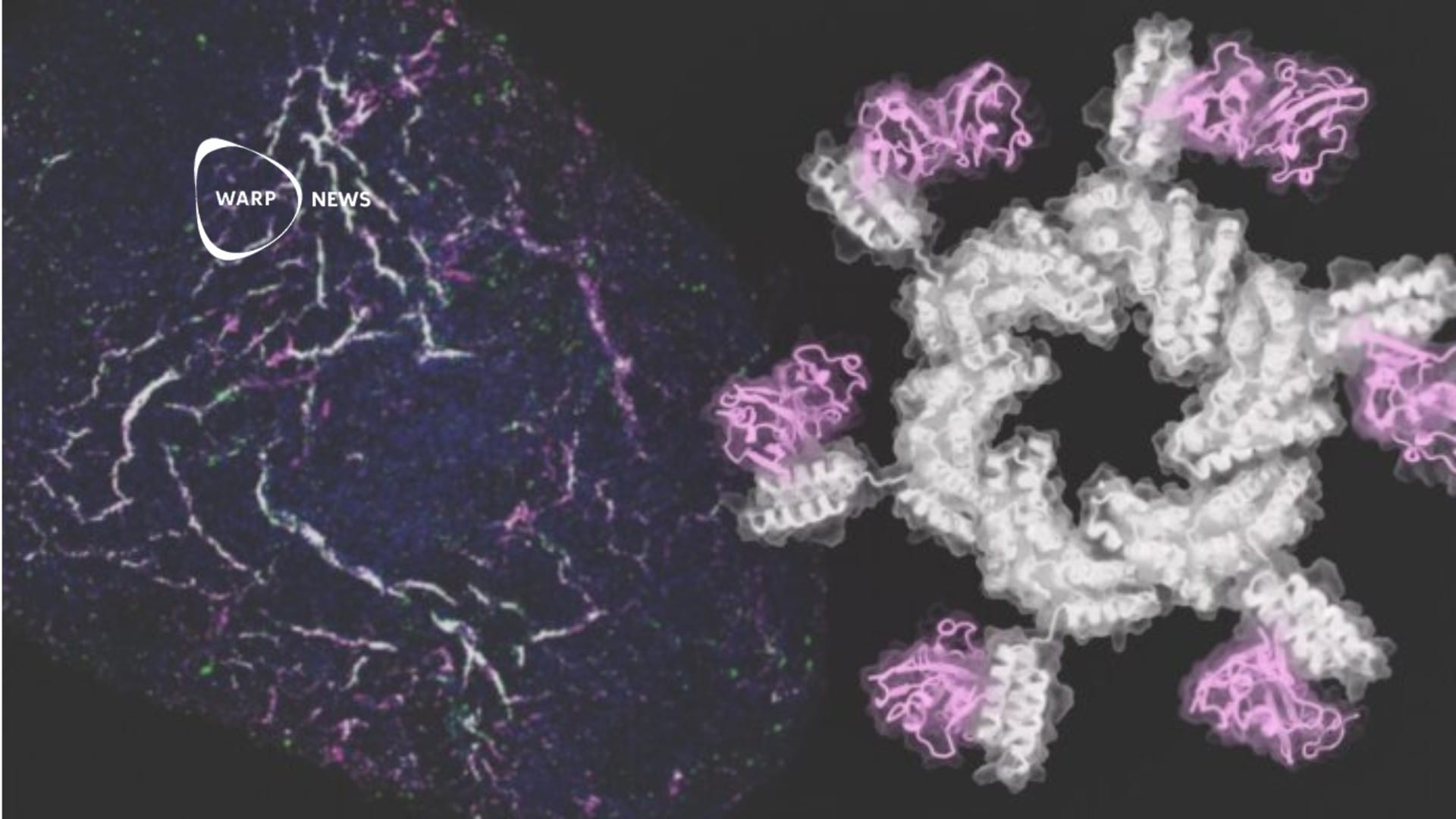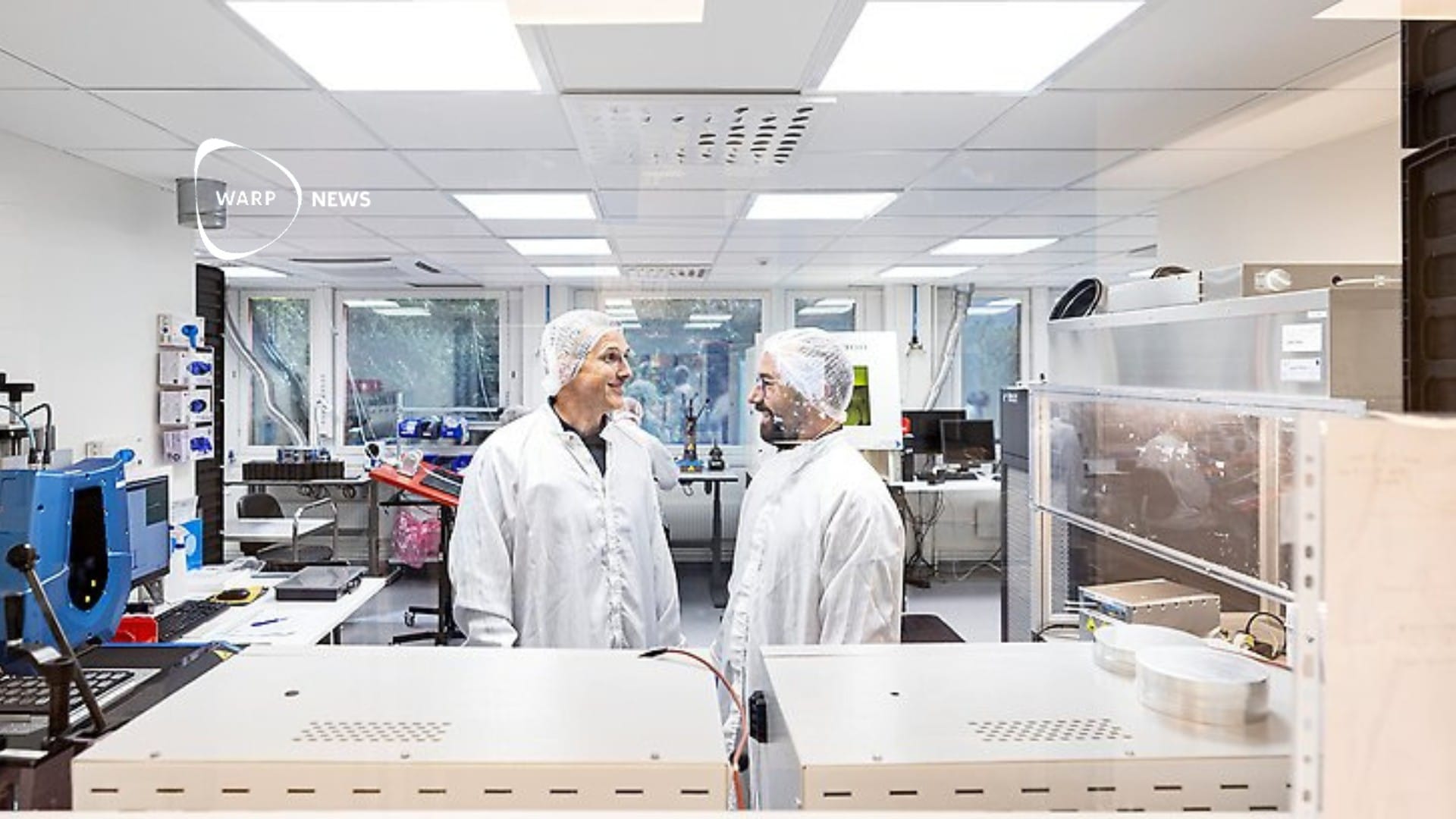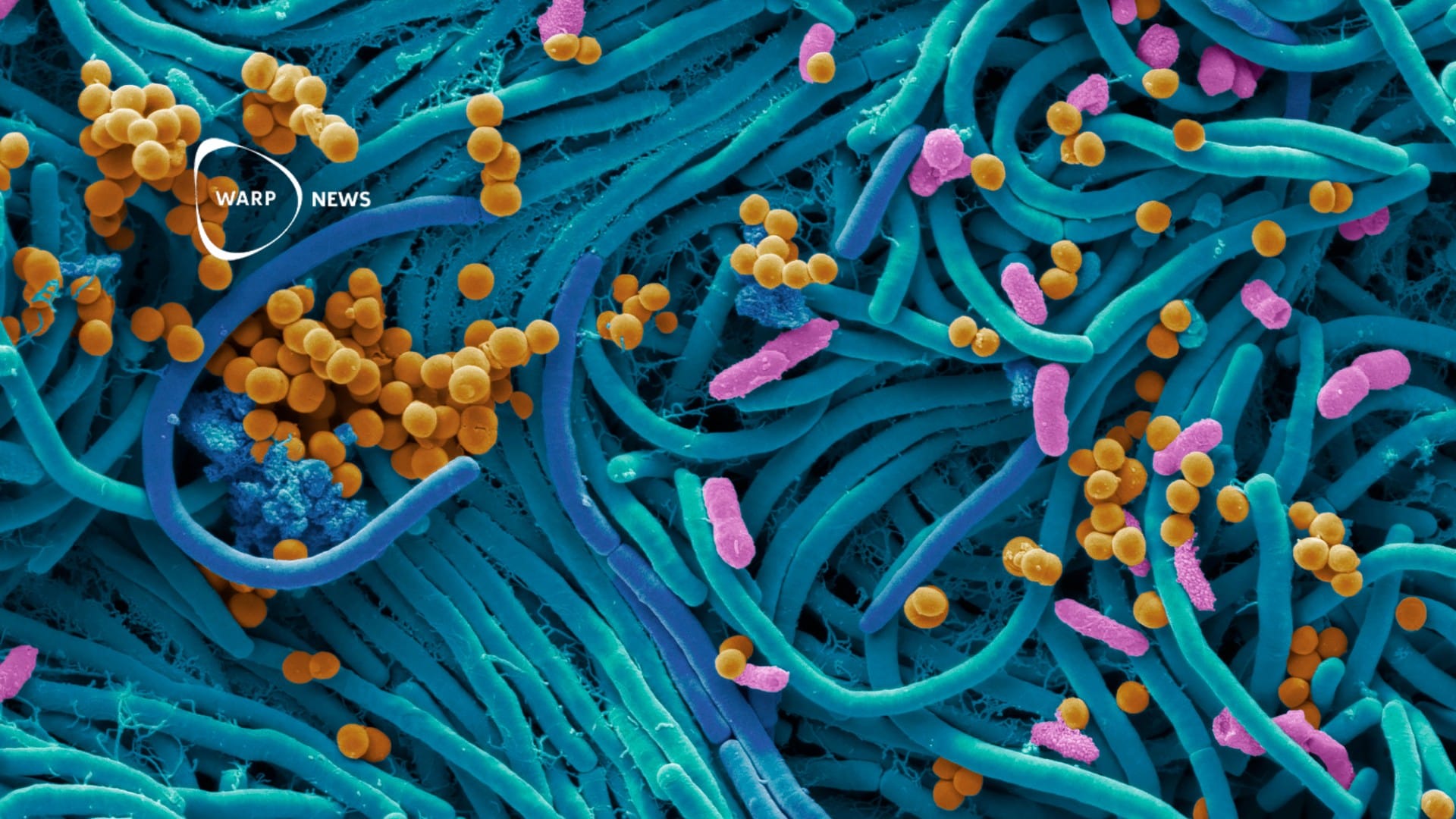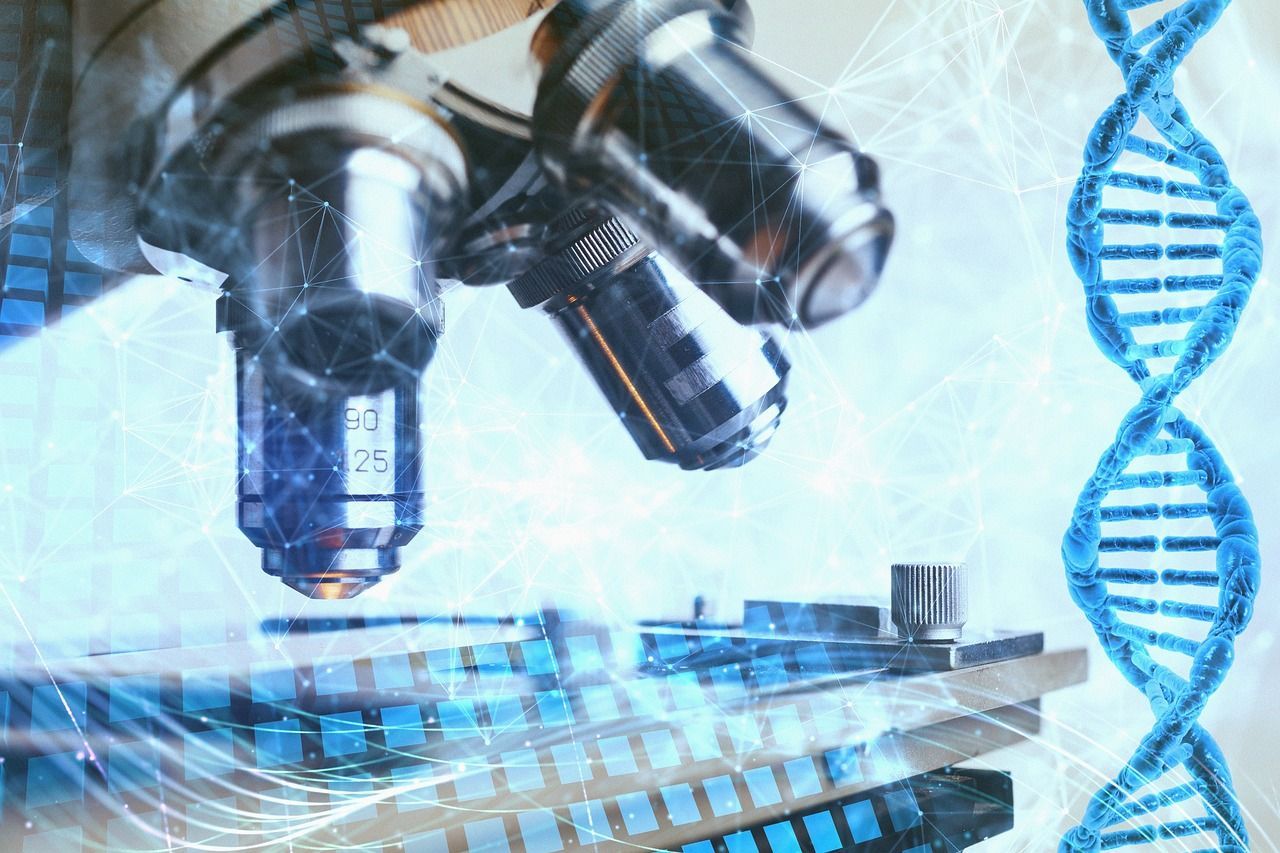
🧬 "DNA passport" can reduce side effects from medicines by 30 percent
An analysis of genes that code for enzymes that metabolize drugs in the body can help doctors dose drugs so that they don't cause side effects.
Share this story!
Our genes determine to some extent how we react to different drugs, and what works great for one person can give another person serious side effects. Researchers at Karolinska Institutet have now tested giving a group of patients a DNA passport that describes their variation in twelve specific genes that are important for how they react to drugs.
“This consists of a card the size of a credit card that contains all the important genetic information about the patient. When it is scanned, doctors and pharmacists can see what the optimal dosage of a drug is for that particular individual," says Magnus Ingelman-Sundberg, professor at Karolinska Institutet and one of the researchers behind the study, in a press release.
The trial was very successful and the patients who had their drugs modified according to their genes had on average 30 percent fewer side effects than the control group.
Drug side effects are a significant problem in the world. For example, nine percent of all hospital admissions and 128,000 deaths per year in the EU are caused by adverse drug reactions. It is also a heavy burden financially. In Sweden alone, researchers estimate the cost to be 12 to 15 billion SEK per year.
According to the researchers, by adapting the drugs to each person's genotype, we could reduce suffering and at the same time save a lot of money.
"Our results strongly suggest that genotyping the patients first leads to considerable savings for society. The genotyping itself only needs to be done once in a lifetime per patient and costs a maximum of 6,000 SEK. General introduction of this predictive system would thus be very important to reduce society's healthcare costs," says Magnus Ingelman-Sundberg.
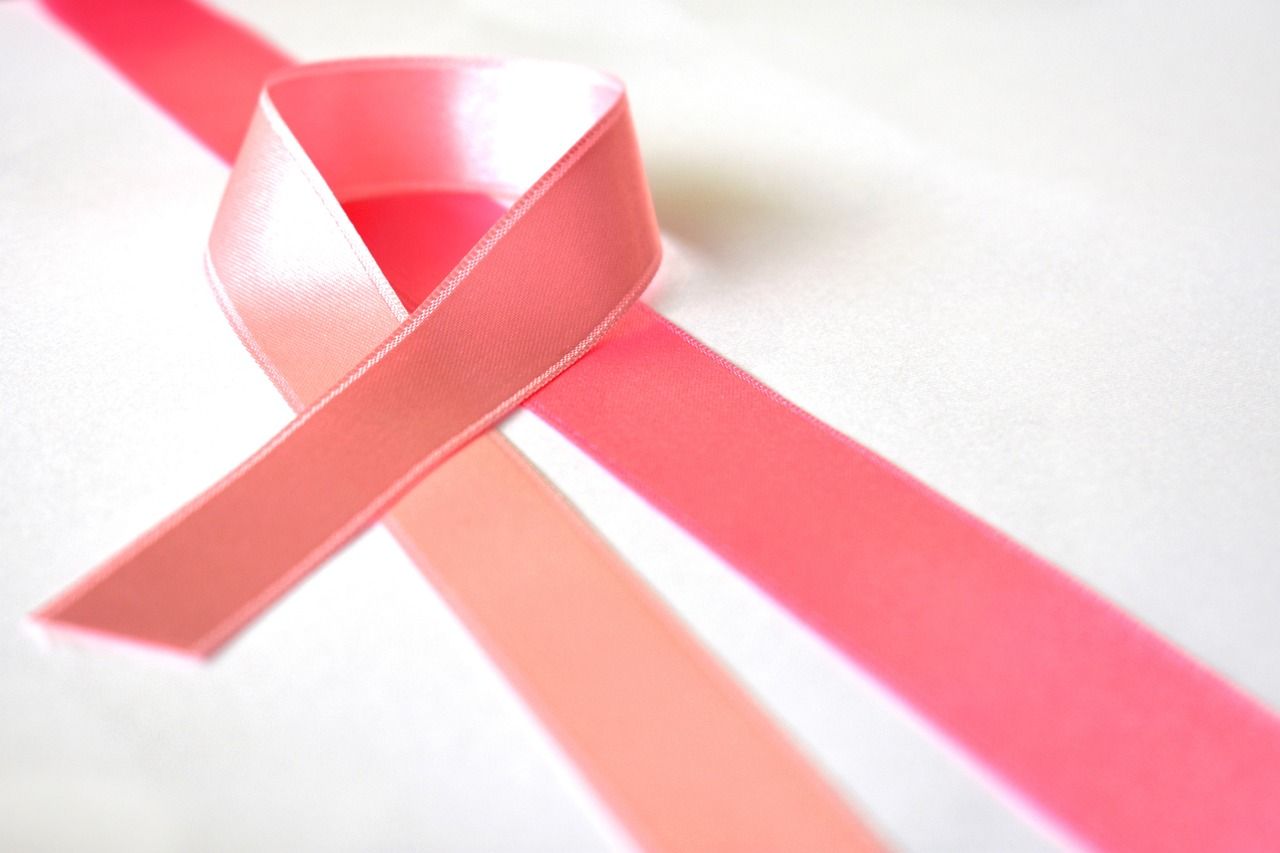
By becoming a premium supporter, you help in the creation and sharing of fact-based optimistic news all over the world.

